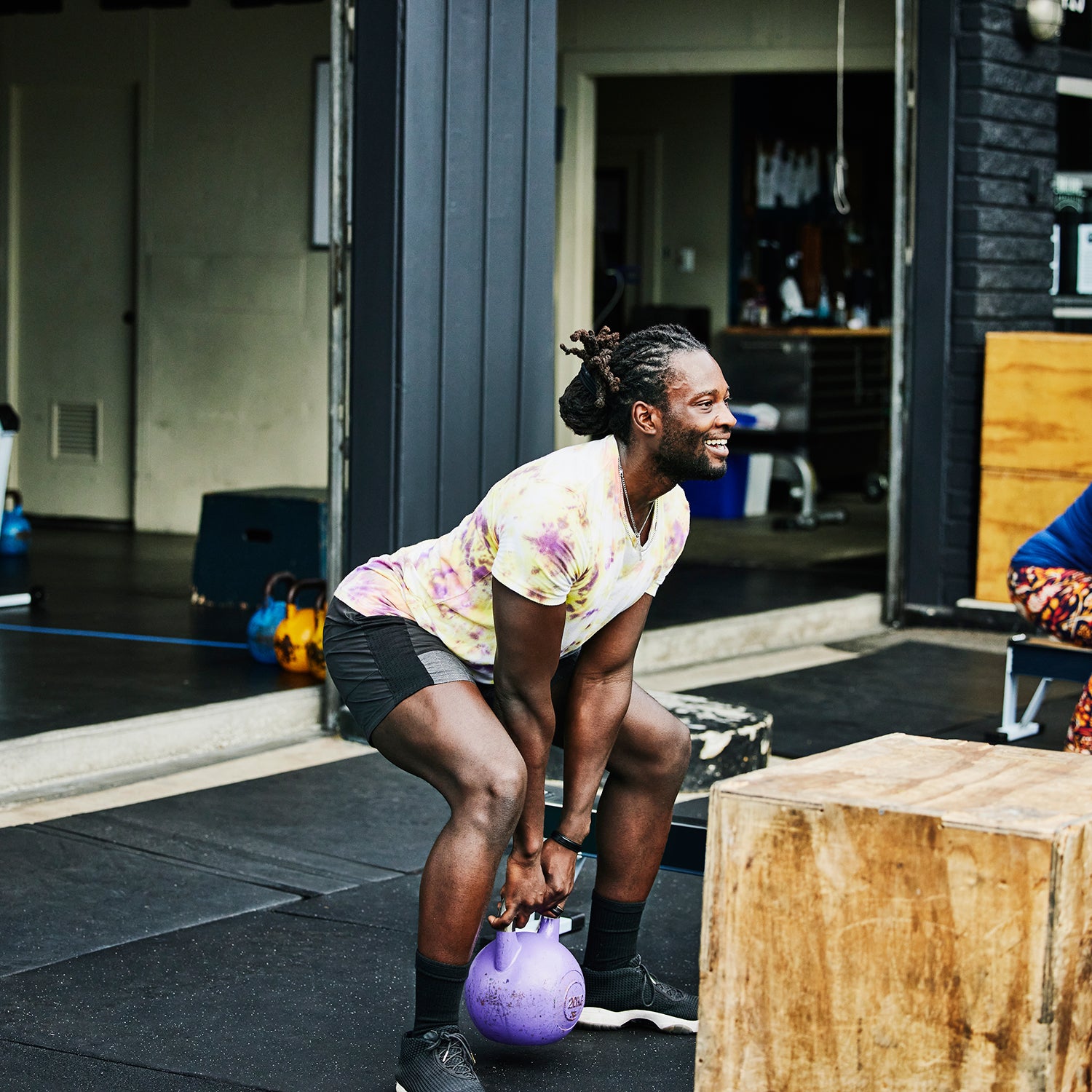Over the past few years, I’ve repeatedly been frustrated by the moral failures and out-of-touch actions of politicians, major business executives, and other conventionally “successful” knowledge workers. Certainly not all, but many of these people have repeatedly let us down, among them Microsoft founder Bill Gates, former New York governor Andrew Cuomo, Theranos CEO Elizabeth Holmes, and of course former President Donald Trump.
After one recent letdown, searching for some solace, I texted a longtime mentor of mine, someone who is old and wise. Here’s the killer part of our conversation:
Me: I can’t believe there are so many egotistical jerks. Why do all these people just completely lose touch? What is it about money or power or status that turns you into an asshole? Is it unavoidable?
Mike: I am getting more weight equipment.
We didn’t talk much further on the topic, because we didn’t need to. I immediately knew, and later confirmed, exactly what Mike was saying: lifting weights helps keep you from becoming an egotistical jerk. Lifting weights helps keep you grounded.
Weight lifting, of course, is just one of many activities in the real world that can help keep you from losing touch with reality. Cycling, swimming, gardening, hiking, and climbing are all just a few other examples of activities that can help you stay grounded.
In researching and reporting my new book, The Practice of Groundedness, I came across a common theme among peak performers who are also grounded: they regularly do real things that are hard, and as a result, they regularly practice humility and gain deep and lasting fulfillment.
When the barbell drops, it drops. When you want to run under three hours for the marathon but go 3:04, the result is right in your face. It is hard to get out of touch with the world—or to become full of yourself—when you are working hard on something that is concrete, and when your successes are earned and your failures cannot be rationalized by corporate mumbo jumbo or social media hot takes. Doing real things in the world provides gravity, both literally and figuratively.
Confidence Through Mastery
Throwing yourself into real activities not only helps keep you grounded, but it is also good for your brain. Pursuing mastery, a kind of gradual progress where tangible results can be traced back to oneself, increases self-reliance and self-confidence. Decades of research in a field called self-determination theory demonstrates that mastery is a core input to mental health, overall well-being, and life satisfaction.
Doing real things also affords you the experience of living in a smaller and simpler world, if only for a few hours. Compared to the complex, frantic, frenetic, and interconnected digital environment that occupies so much of a knowledge worker’s life these days, a squat workout, mountain-bike ride, or trail run are a lot more manageable. In these pursuits, you are the main factor that determines the outcome, and whatever obstacles you face are directly in front of you.
This is a lot closer to how our species evolved. It’s no wonder these sorts of activities, though often objectively harder than sitting at a desk, in many ways feel so much easier.
Satisfaction Through Competence
In the past I’ve referenced the work of the philosopher Matthew Crawford, who writes that “despite the proliferation of contrived metrics,” most knowledge-economy jobs suffer from “a lack of objective standards.”
Ask a white-collar professional what it means to do a good job at the office, and odds are they may need at least a few minutes to explain the answer, accounting for politics, the opinion of their boss, the mood of a client, the role of their teammates, and a variety of other external factors.
Ask someone what it means to do a good job at their next race, or on their next deadlift, however, and the answer becomes much simpler.
“The satisfaction of manifesting oneself concretely in the world through manual competence has been known to make a man quiet and easy,” writes Crawford, who in 2001 quit his job in academia to become a mechanic. “It seems to relieve him of the felt need to offer chattering interpretations of himself to vindicate his worth. He simply points: the building stands, the car now runs, the lights are on.”
Keeping Cool
Perhaps my most humble coaching client, let’s call him Rob, is an executive at a large professional-services firm. I’ve been working with Rob for about four years now. He is supremely understated, at times to a fault. During corporate fire drills, when his colleagues are freaking out, he shows calm and equanimity.
Rob also is a diehard woodworker.
This is not a coincidence. When you are building tables in your basement, you are going to get humbled over and over and over again. Tables either stand or they don’t. And you can’t just use your power or money or relevance or fame or anger to make a shoddy table stand. Instead, you’ve got to stay calm as you adjust the table and work toward a solution.
I’ve got clients who are ultrarunners, and they are much the same.
Make no mistake, nothing I’ve written above is a cure-all. There are still people who do real things in the world and yet are still miserable, egotistical jerks. But it seems increasingly likely that one powerful way to stay in touch with reality, especially as you rise, is to stay in touch—quite literally—with reality.
Not by spending all day tweeting, or by attending Zoom calls, or by joining fancy board meetings. Not by endlessly refreshing your bank account or stocks. But rather by doing actual, real, hard things in the world.
Brad Stulberg (@Bstulberg) coaches on performance and well-being and writes Outside’s Do It Better column. He is the bestselling author of The Practice of Groundedness: A Path to Success That Feeds—Not Crushes—Your Soul and Peak Performance and cofounder of The Growth Equation.

